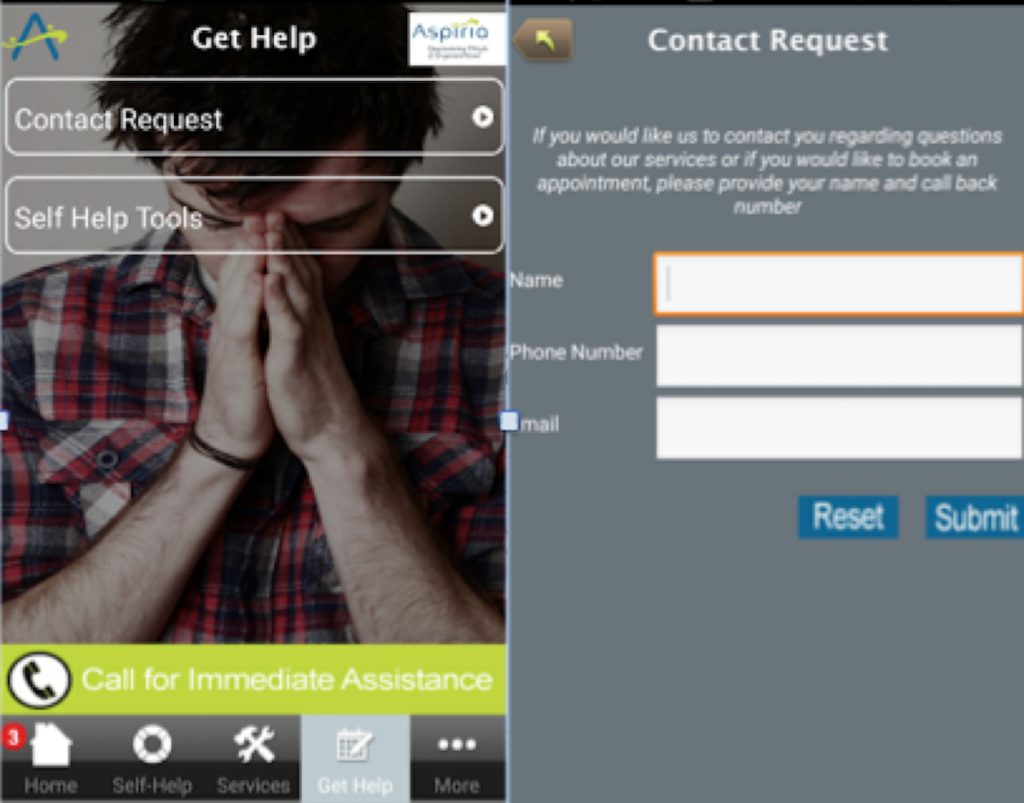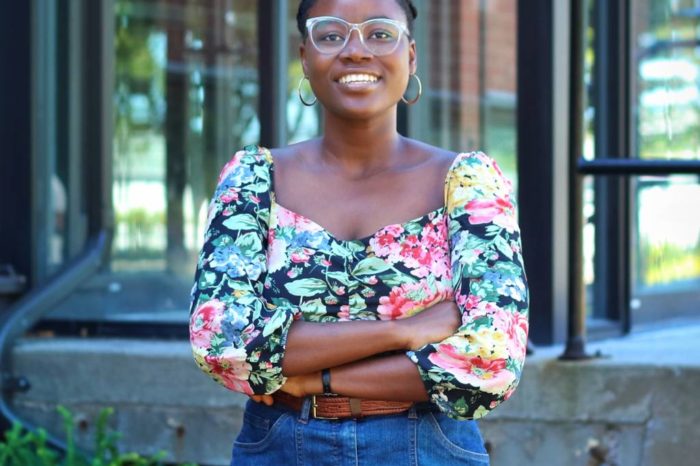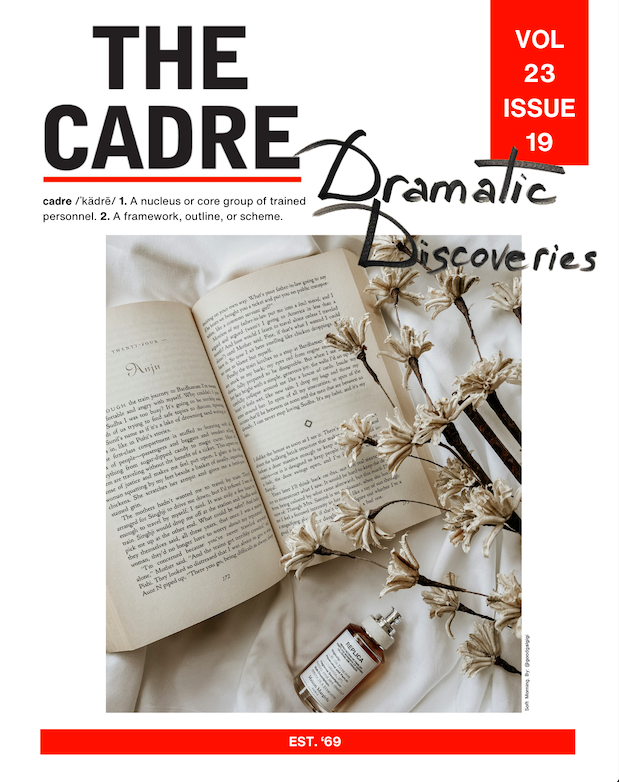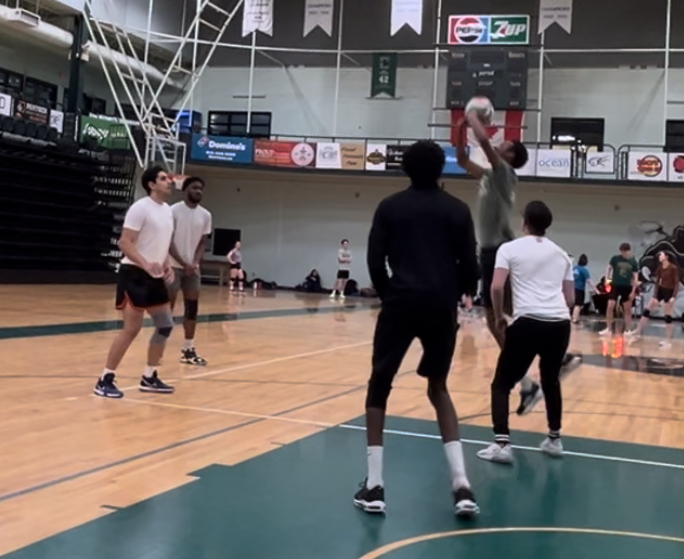Aspiria: the Good, the Great, and the Meh
By: Chelsea Perry

Aspiria is a student assistance program that provides a 24/7 support call centre, online resources, self-help tools, and options for referral to community-based professionals. (Harvard Business Review)
Back in September, the UPEISU launched their partnership with Aspiria, a company which offers counselling in everything from mental health to legal advice. You’ve seen posters around campus, and a few plugs on social media. So what’s the deal? Are they an accessible resource, or a glorified hotline?
Now, I don’t want to throw shade on hotlines, because they have saved countless lives. However, they’re not intended to be sustainable treatment plans, and frankly, that’s what I was looking for. I called a hotline once and by the time I got connected an hour later, I’d already done enough grounding exercises to mimic the sensation of melting into the floor, and burned four sticks of incense. Wellness, baby.
So, back in September, I downloaded the Aspiria app and filled out the contact request form. At this point, all Aspiria knows about you is your name, number, and email. No information about why you were contacting them. You’ll get a notification that an Aspiria staffer will contact you within 3-5 business days to connect you with a counsellor.

Users can fill out a contact request form in as few as six clicks. (Chelsea Perry)
The first road bump that I encountered with Aspiria is that, at the initial point of contact, there is no option to indicate that receiving a call back may not be safe, and to use another method of communication. For individuals that are seeking confidential advice regarding situations that pose a threat to one’s safety (ex. domestic abuse), receiving a phone call at an unpredicted time can deter one from calling as it may escalate the situation.
That being said, I was pleasantly surprised by how quickly I received a call back. Three days after I sent in the form, a worker contacted me to take my information and briefly discuss why I was calling them. Again, it was kind of odd timing, as I was at work and had to peace out for a few minutes to spare my coworkers the details of my personal life. But overall, I was pretty pleased to hear that I would be referred to a counsellor with specialization in what I was seeking help for. The worker told me that my counsellor would contact me within a week or two.
I snorted. When I was put on the government-funded patient registry a few months back, they told me it would be six to eight months before I could see a counsellor. SIX TO EIGHT MONTHS. I made a choking goat noise and said “haha yeah, sounds great! See you then!â€
The counsellor called me back within a week, and set up a consultation for the next week.
That means the time from my initial point of contact with Aspiria until I was sitting across from my counsellor was under three weeks. On PEI, that is absolutely unheard of. I was floored. Oh, and it’s completely free as long as you’re a UPEI student.Â
Aspiria isn’t a perfect program. Sometimes your counsellor isn’t a perfect match for what you’re seeking help for. But in my situation, it has been lifesaving in keeping me grounded until I get a call back from a specialist. Sometimes, all you want is a point-person to check in on you and help keep you afloat in the throes of exams, financial stress, or whatever it may be. I absolutely believe that counselling has saved my arse on multiple occasions, which is why I’m so quick to recommend it. Â
Have you used Aspiria yet? If so, what do you think? Email cperry2@upei.ca to share your experience.










